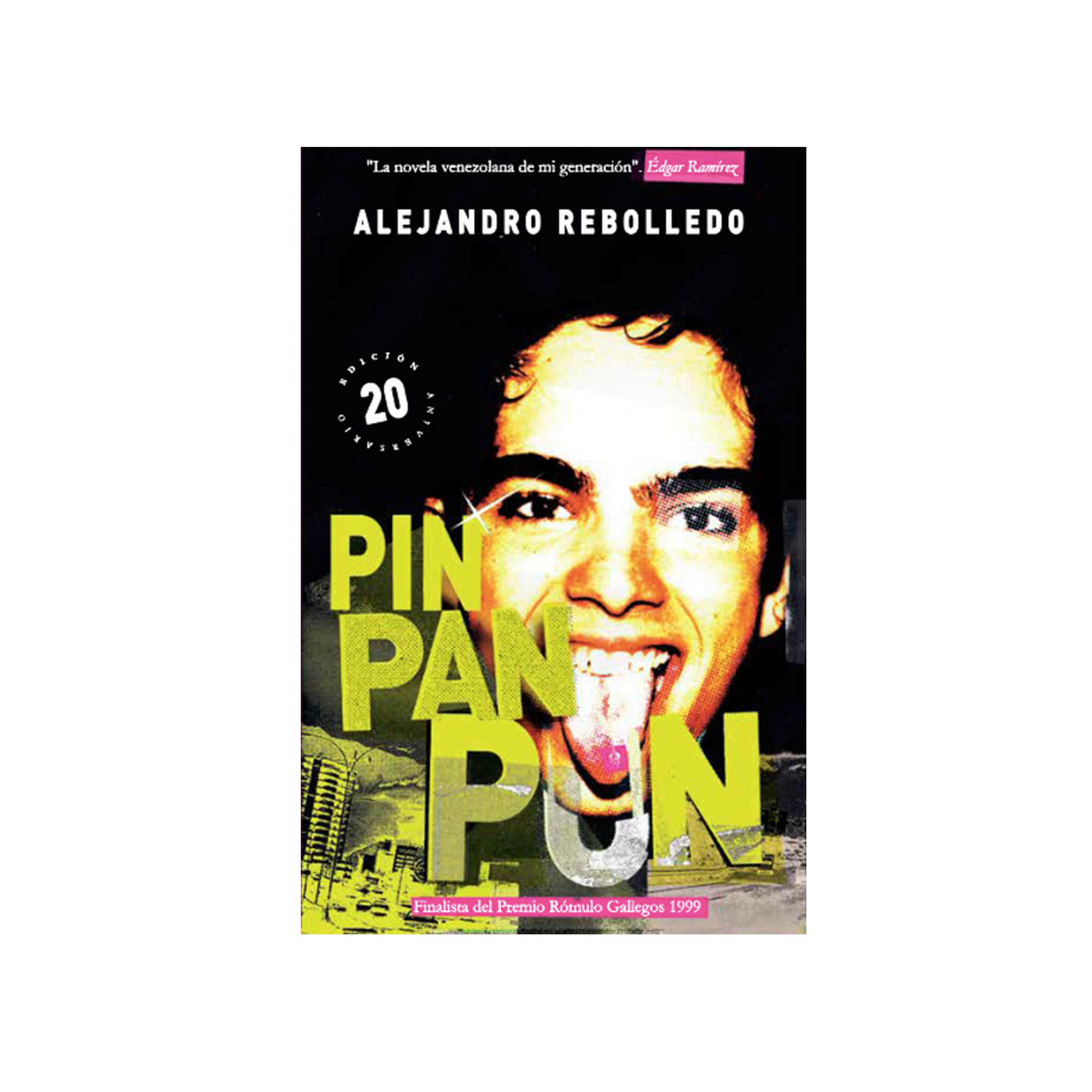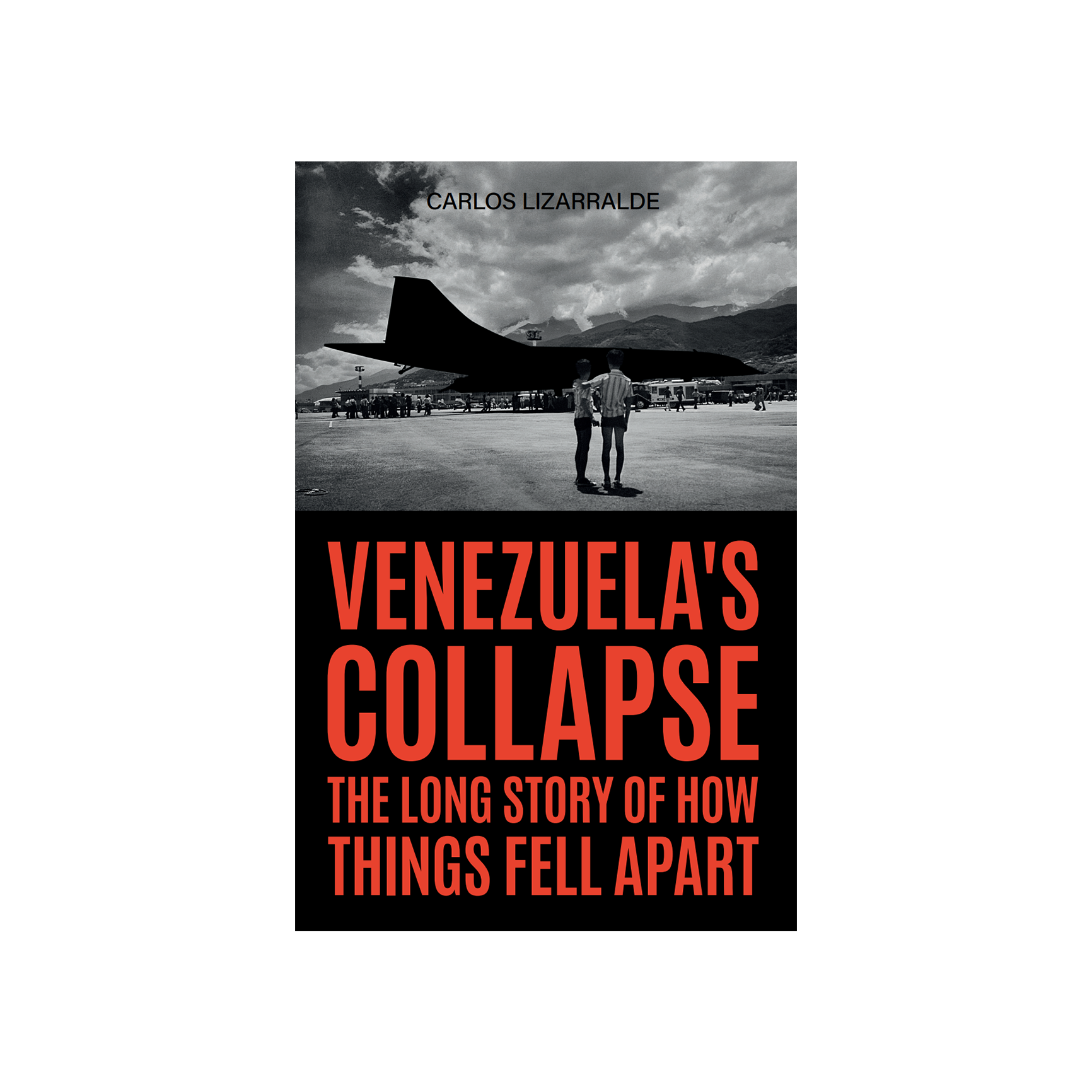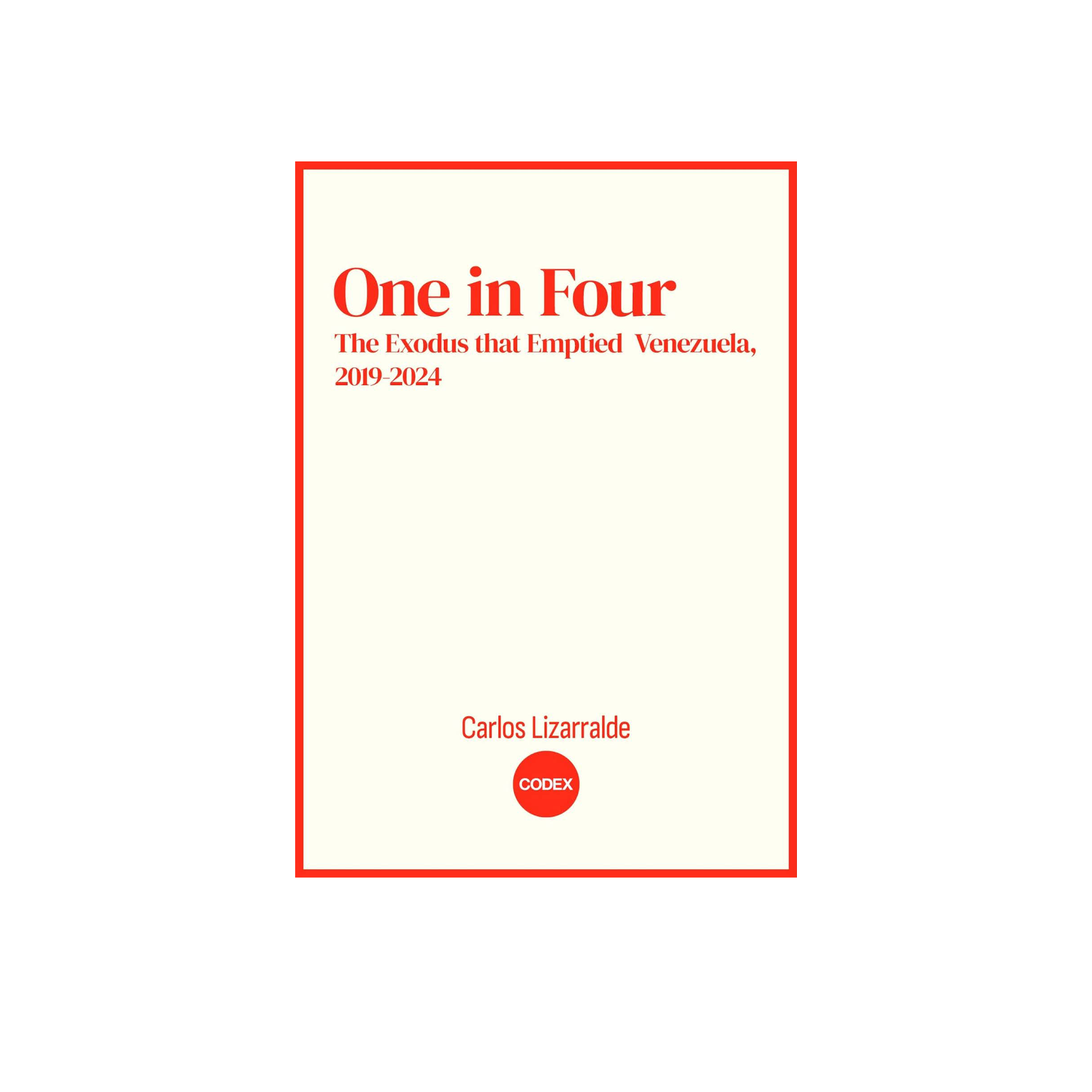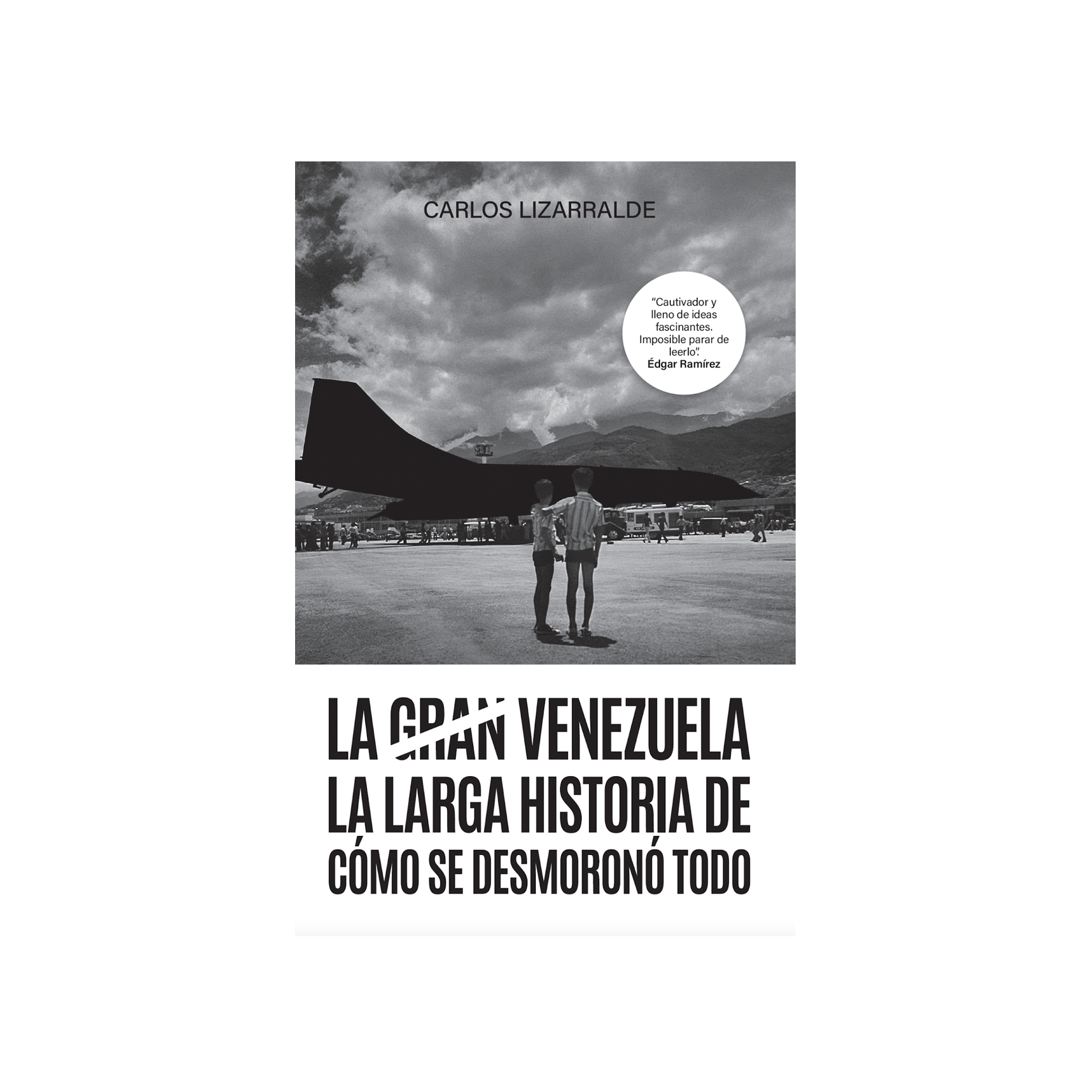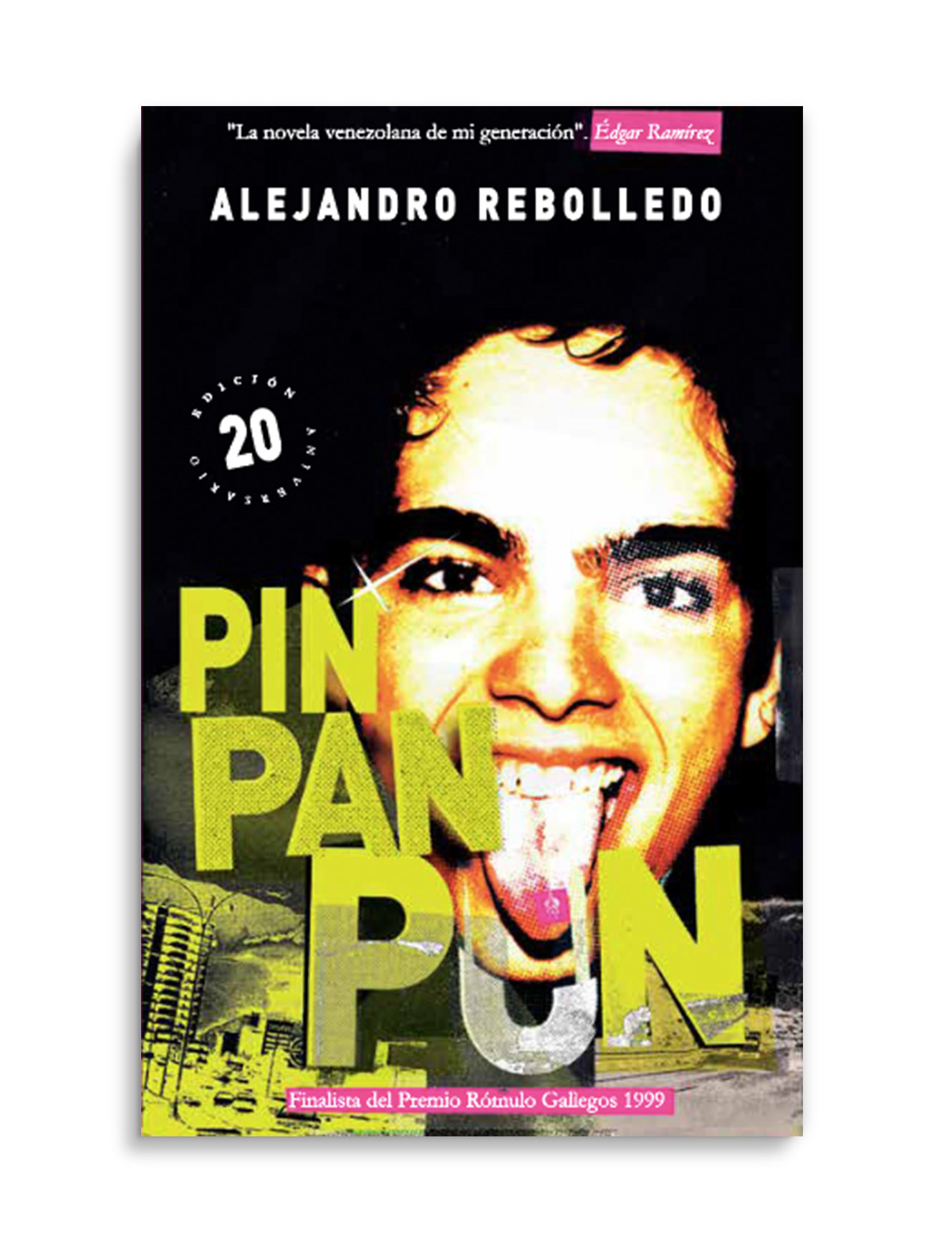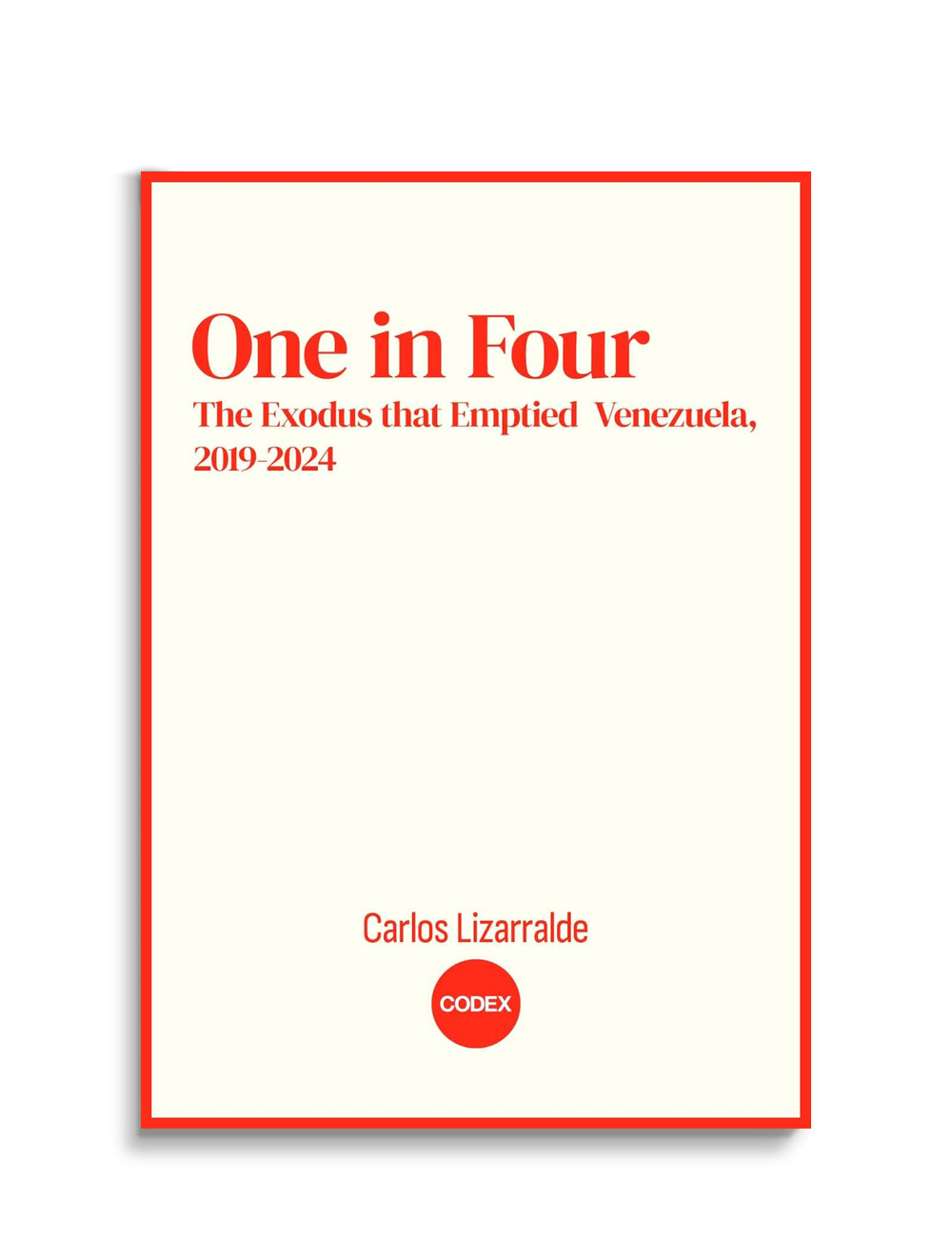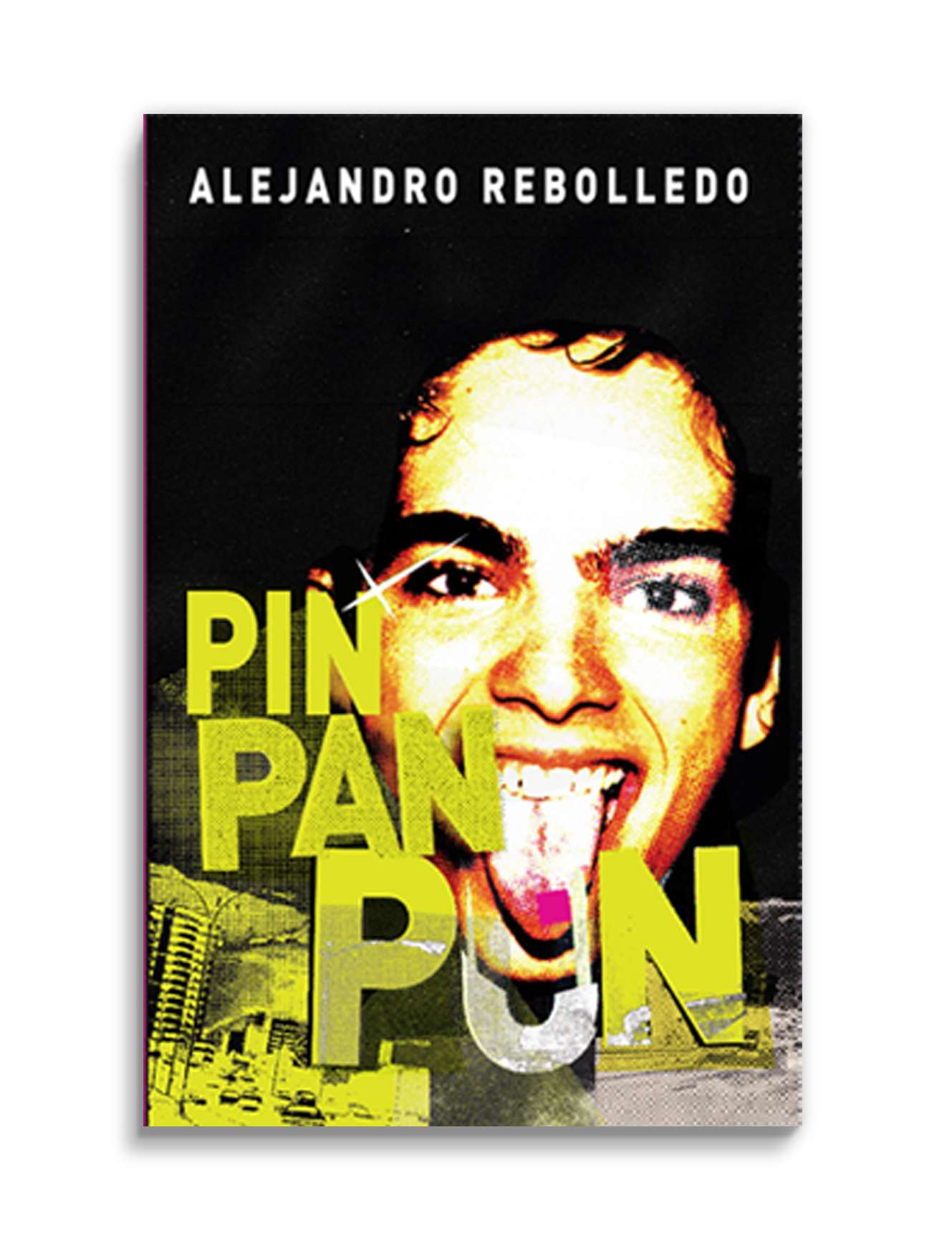Alejandro Rebolledo
Alejandro Rebolledo was a journalist, writer, and DJ. His literary, journalistic, and artistic work makes him a key figure in Venezuelan cultural life.
The son of sociologist Leonor Pulgar and filmmaker Carlos Rebolledo, Alejandro studied high school at the Santiago de Leon and Los Alamos schools and journalism at the Central University of Venezuela. Before his death, he was working on his doctoral thesis in Social Psychology at the Universitat Autònoma de Barcelona.
After finishing his degree in Journalism, he started working for El Nacional daily newspaper. As a star editor of the Sunday magazine Feriado, he became one of the first writers experimenting with 'new journalism' in Venezuela. He also worked as a DJ at Bar Moloko, of which he was also a partner, and as a producer of electronic music events.
Alejandro was a founding member of the extra-plastic artistic collective Escuadrón Sudaca. The collective participated in the Pirelli and Dior salons and the Caracas International Art Fair.
In 1996 he led the editorial redesign of the weekly Urbe, which became a reference for alternative journalism at the time. In 1997 he co-founded and became the director of Radar magazine. He also co-anchored the radio show 'El Último Round' on Caracas' FM 92.9. In 1998 he co-created the internet portal Loquesea.com. In the following years he co-founded the portal in Mexico, Brazil, and Argentina.
That same year he published the novel Pin Pan Pun, which became a finalist for the Rómulo Gallegos Prize. He won the reader's Urbe Award for the novel of the year.
In 2003 he started writing in the evening newspaper El Mundo. That year he performed as a DJ in the mythical The Flower and the Bar Elektro.
He moved to Barcelona in 2005 to start a doctorate in Social Psychology and continue his literary work. The book of poems Romances del Destroy and the unpublished fragments make up El Conde de Rovellones date from this period. In the 2010s, he wrote his doctoral thesis on the anthropological phenomenon of Starbucks, which remains incomplete.
In 2016 he decided to resume his job as a chronicler by writing a book on Venezuela. The book was to be the first title of publishing house Codex. A few weeks later, he died unexpectedly in Barcelona.


